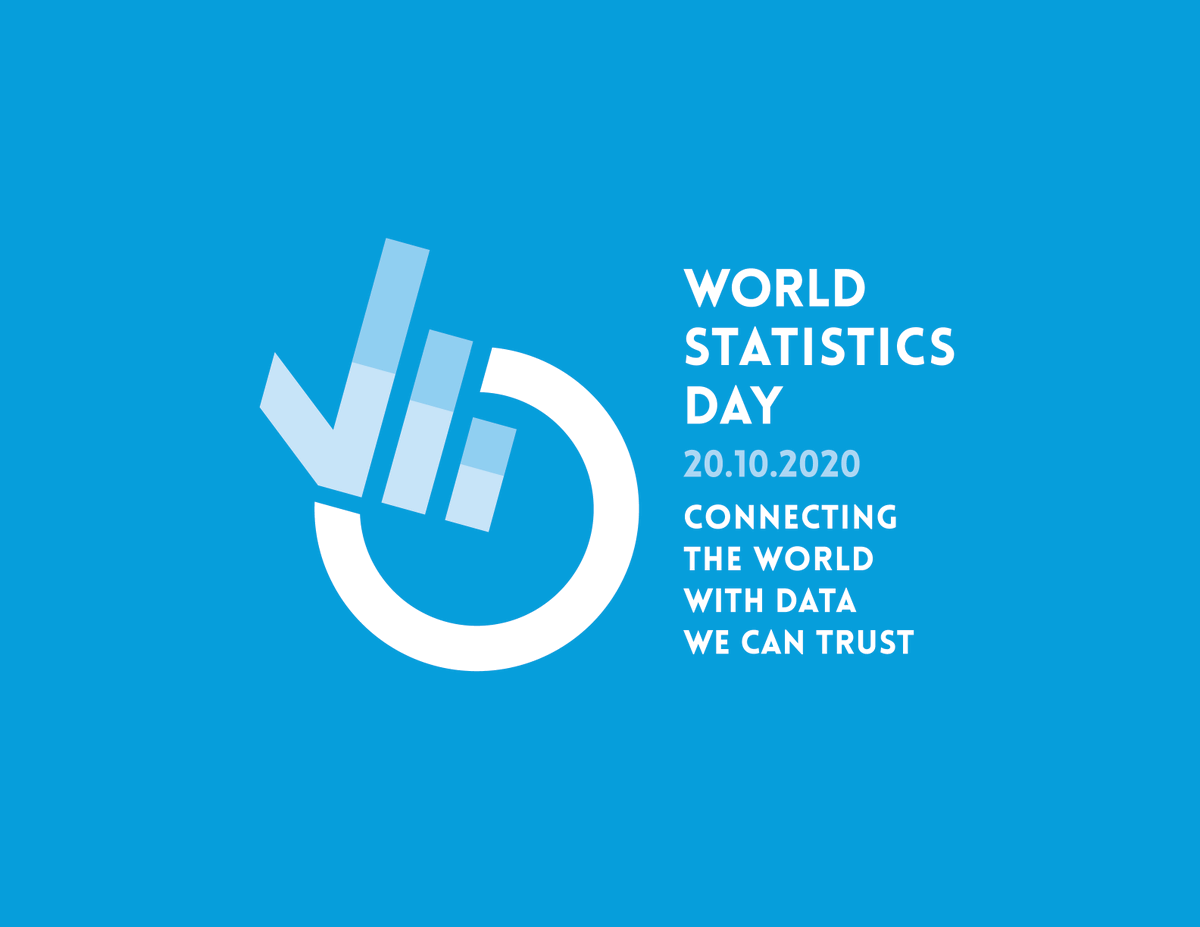

Intrusion of political considerations into the professional/scientific ones compromises attainment of the fundamental principles. For the data to be credible, statistical agencies must gain and hold the trust of the nation.
#Fundamental principles of official statistics professional
Statistics are trusted when the agencies that produce them are seen as making decisions based on professional not political considerations. If the statistics aren’t trusted, they won’t be used and will be of little value. decennial census – depend on their being, and being seen as, accurate, and unbiased with excellent coverage. The use and value of federal statistics – including the U.S. We focus on the United States context, but are quite sure that the issues we address are in play in other countries. In our opinion, this principle is one of the most critical. “To retain trust in official statistics, the statistical agencies need to decide according to strictly professional considerations, including scientific principles and professional ethics, on the methods and procedures for the collection, processing, storage and presentation of statistical data.” The Fundamental Principles highlight the importance of agency credibility and public trust in official statistics, specifically principle number 2 states:

Pursuant to the recommendation, the representative of Hungary, together with 48 co-sponsors, introduced a draft resolution on the matter at the sixty-eighth session of the General Assembly and subsequently the General Assembly endorsed the Fundamental Principles of Official Statistics . In accordance with that recommendation, the Council endorsed the Fundamental Principles and recommended the principles to the General Assembly for endorsement .

Following an international consultation process, a milestone in the history of international statistics was reached when the United Nations Statistical Commission at its Special Session of 11–15 April 1994 adopted the very same set of principles – with a revised preamble – as the United Nations Fundamental Principles of Official Statistics .Īt its forty-second session in 2011, the Statistical Commission recommended adoption of the draft resolution on the Fundamental Principles of Official Statistics to the Economic and Social Council. Statisticians in other parts of the world soon realized that the principles were of much wider, global significance. Towards this end, the Conference of European Statisticians developed and adopted the Fundamental Principles of Official Statistics in 1992 . It was essential to ensure that national statistical systems in such countries would be able to produce appropriate and reliable data which adhered to certain professional and scientific standards. The paper concludes each data source can be used for the production of official statistics in adherence with the Fundamental Principles and argues these data sources should be used if National Statistical Systems are to adhere to the first Fundamental Principle of compiling and making available official statistics that honor citizen’s entitlement to public information….( More)”.1.Fundamental principles, credibility, public trust and independenceĪs described by the United Nations , the need for a set of principles governing official statistics became apparent at the end of the 1980s, when countries in Central Europe began to change from centrally planned economies to market-oriented democracies. But can all data be liberated in the production and communication of official statistics? This paper explores the UN Fundamental Principles of Official Statistics in the context of eight new and big data sources. The data revolution is responding to the demands of the CoVID-19 pandemic and a complex sustainable development agenda to improve how data is produced and used, to close data gaps to prevent discrimination, to build capacity and data literacy, to modernize data collection systems and to liberate data to promote transparency and accountability. Paper by Dominik Rozkrut, Olga Świerkot-Strużewska, and Gemma Van Halderen: “Never has there been a more exciting time to be an official statistician.


 0 kommentar(er)
0 kommentar(er)
